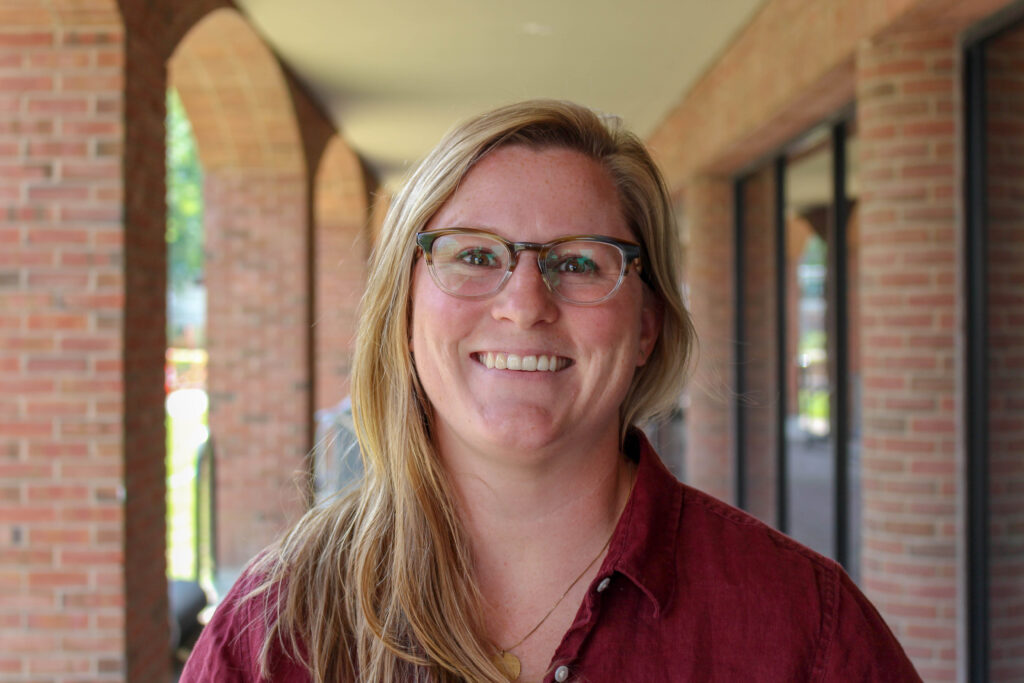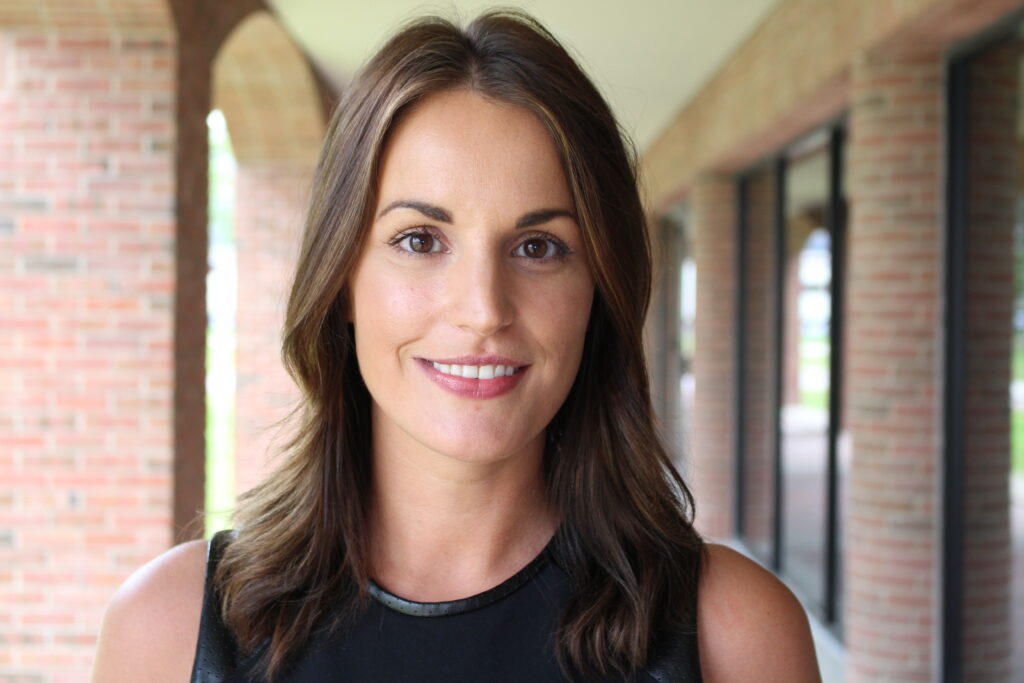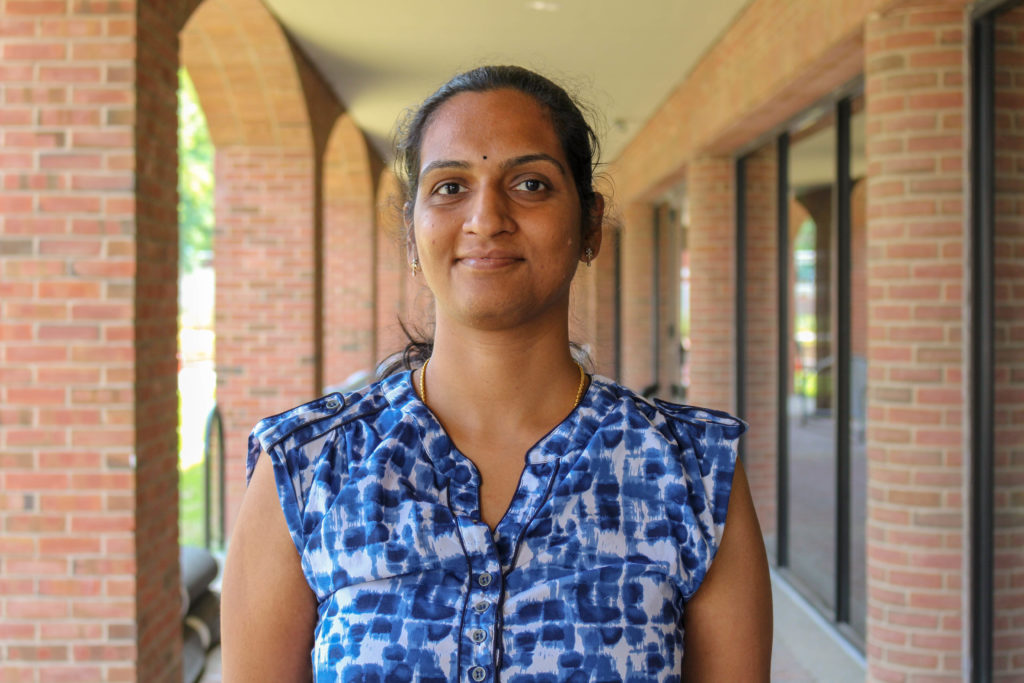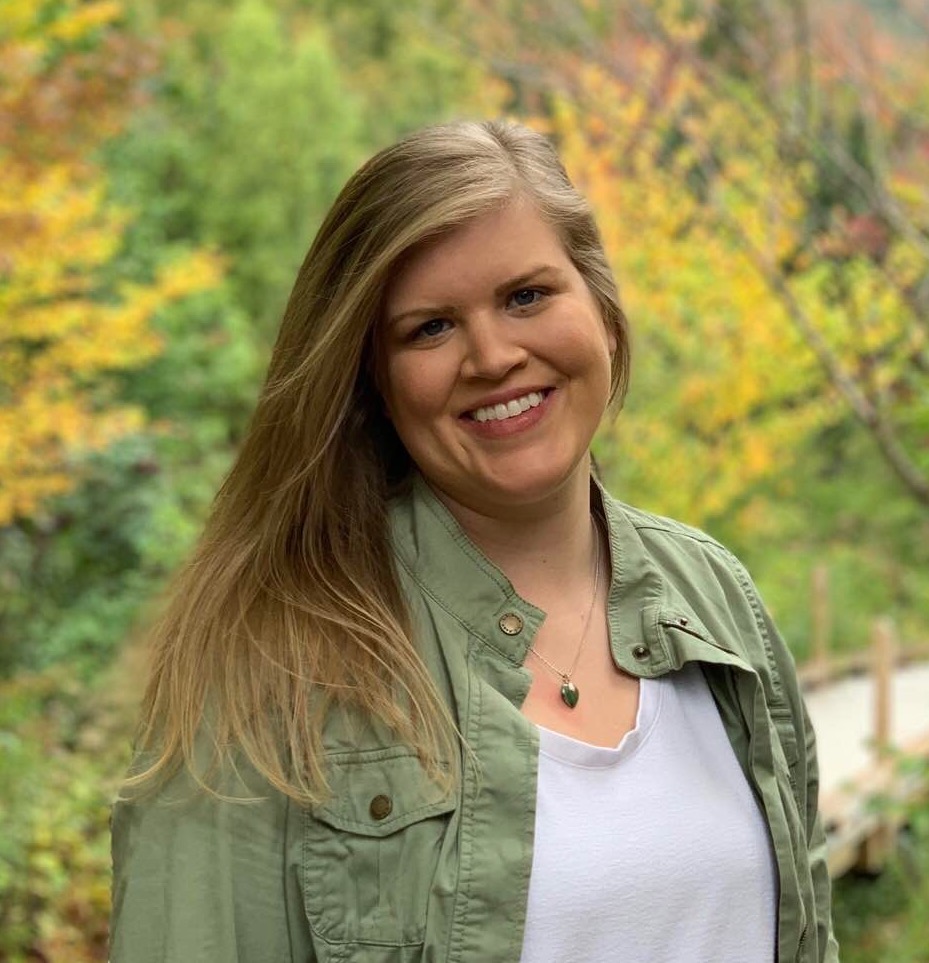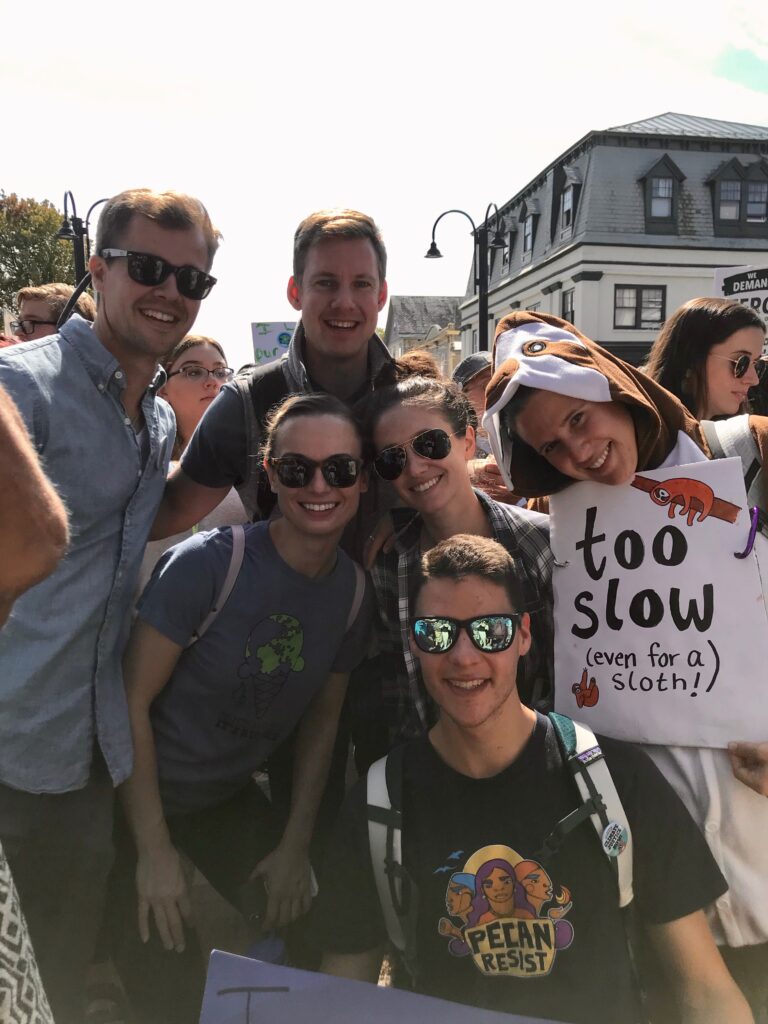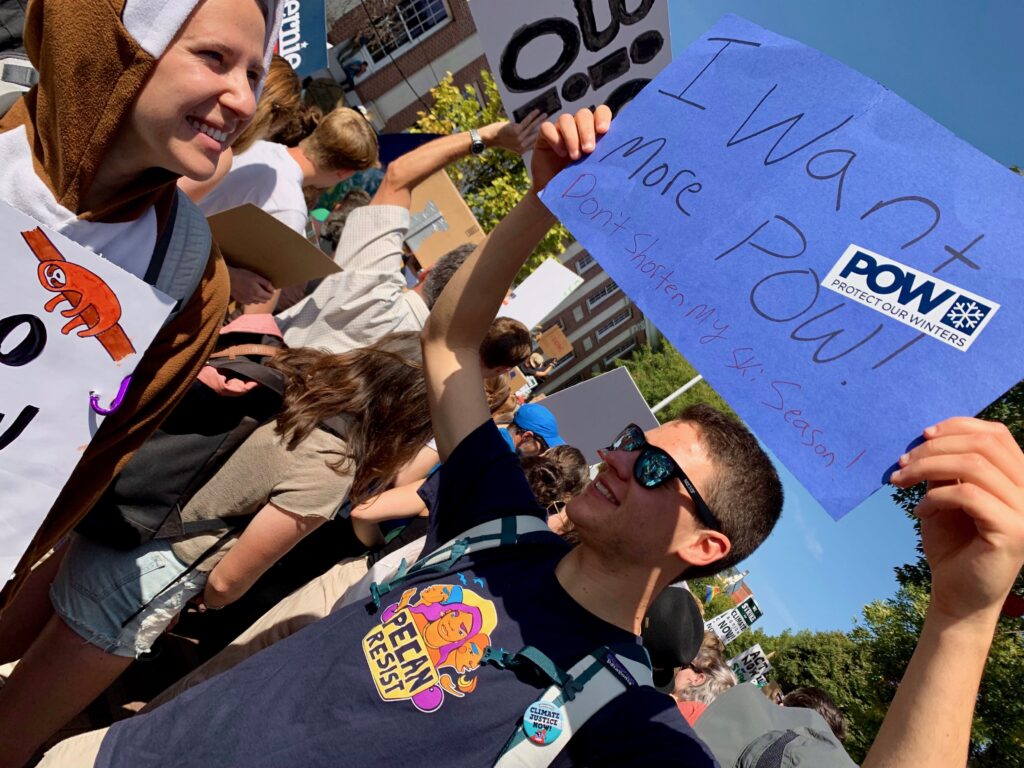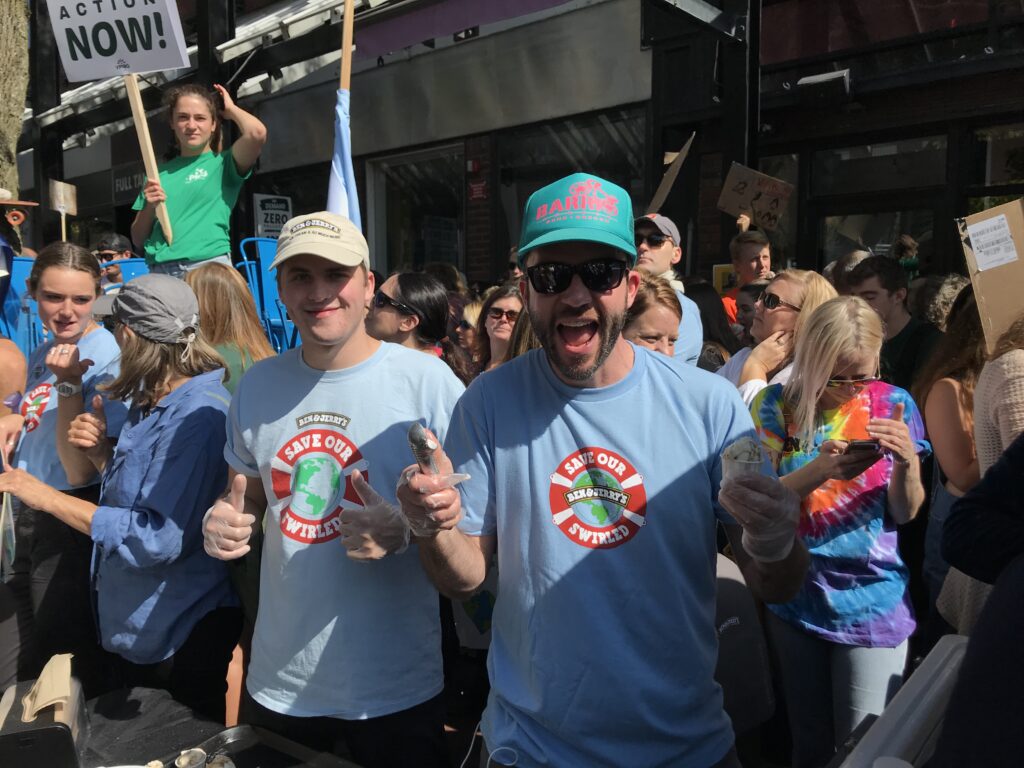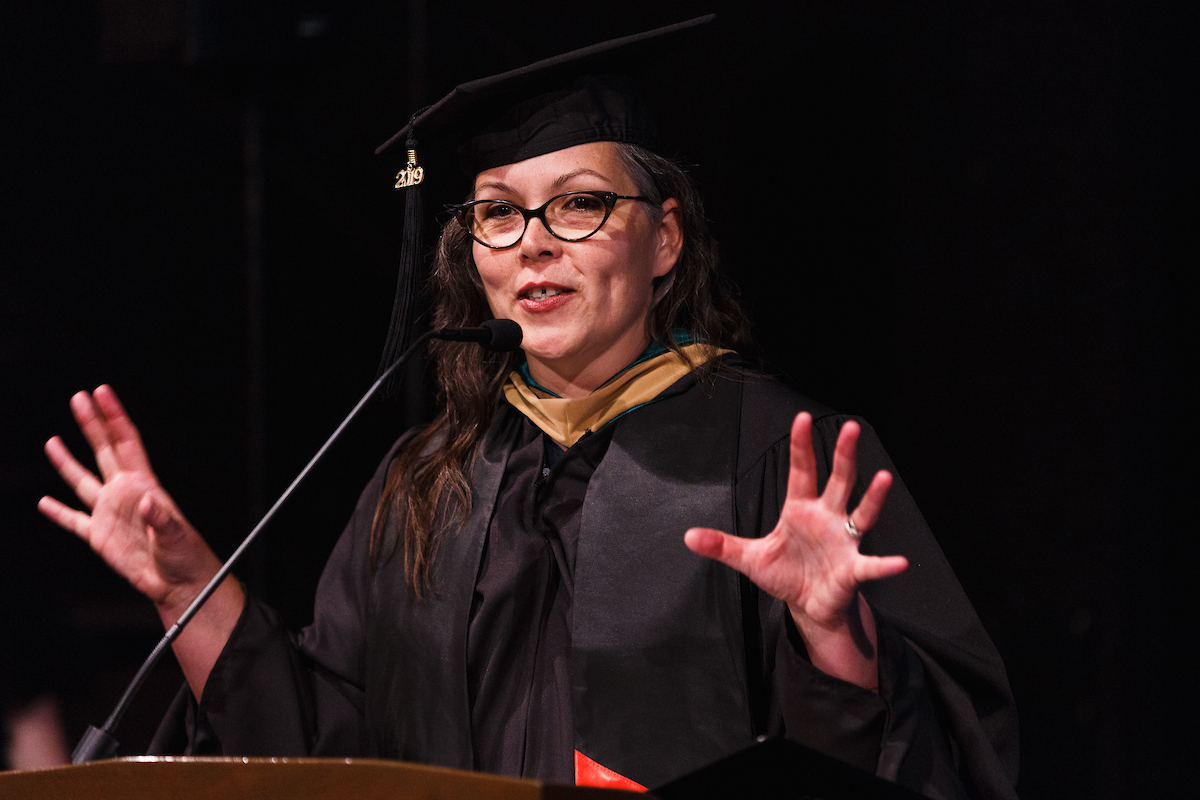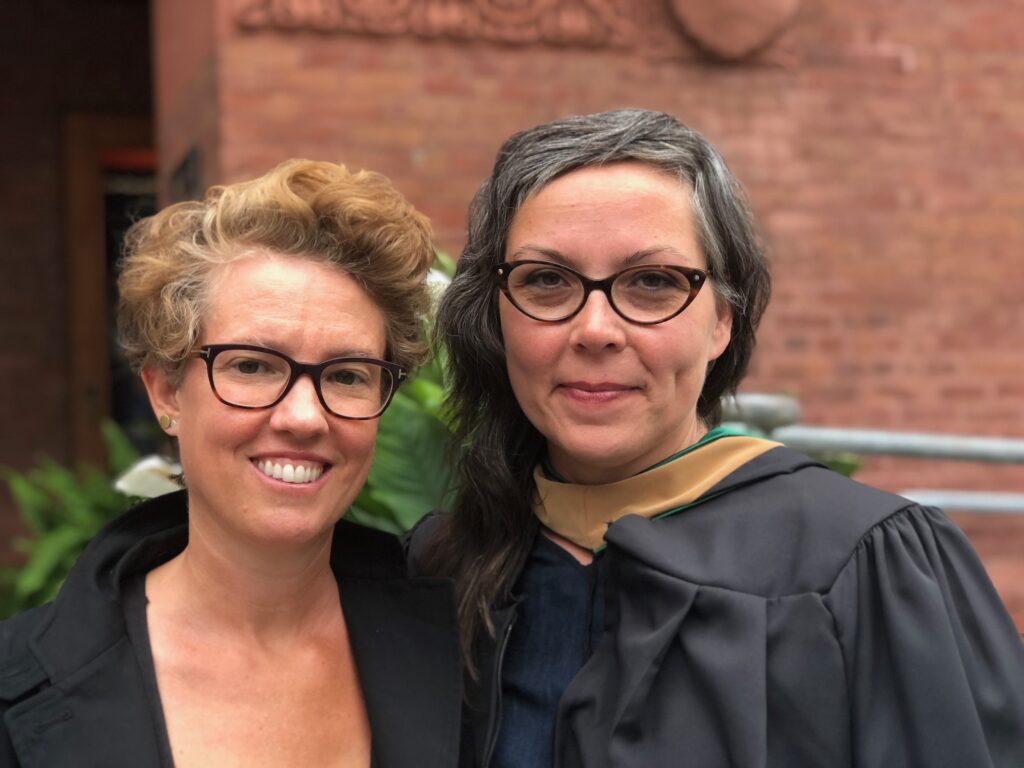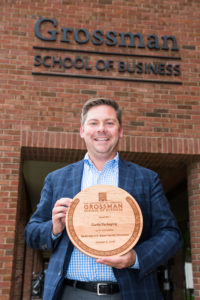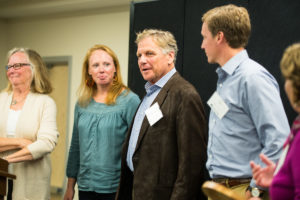This post was written by Kate Barry ’20 and Taran Catania ‘20
In a recent interview with Kathleen Burns Kingsbury in the Breaking Money Silence® podcast, Diane Abruzzini ‘17 gave us a handful of fresh insights on impact investing, millennial entitlement, recession-driven entrepreneurship, and how women do money and business differently. We’ve collected five of our most favorite “hot takes” below:
1. We’ve Been Wrong About Millennial Entitlement
Diane is quick to point out that the concept of “millennial entitlement” on its own is a half-baked concept: “It’s a funny thing to call anyone entitled because there’s more to that sentence — you’re entitled to something.” The stereotype of millennial entitlement to money is not actually engaging with who millennials are. “What might be a truer statement is that millennials are entitled, but they’re entitled to different things. They’re entitled to [the] ethos that we were raised with… of transparency, of equity, of equal access to resources.”
And as Diane puts it — what if this entitlement is a good thing? And what if it’s something businesses can use to help reach and engage millennials, and not simply to dismiss them (as the world makes continuous jokes about the things millennials have “killed”)? The truth is, millennials’ preferences are making big changes in the business world. “And if you want to be able to connect with millennials,” Diane notes, “you’re going to have to be able to reach them in helping them create the world that they want to live in.”
2. Recessions Produce Entrepreneurs
In light of recent events, we have our eyes on the job market and the economy at large as we prepare for our graduation in August. Diane graduated from college during the 2008 recession, which made landing a conventional post-graduation job for her and her peers more difficult than usual. Because of this, many, including herself, turned towards non-traditional and entrepreneurial ventures.
Because of this, Diane is not surprised that millennials are more entrepreneurial than past generations—we live in economically volatile times where flexibility and creativity are key for a savvy millennial. Diane claims, looking at the history books, those who often become entrepreneurs are “people who are usually boxed out of traditional well-paying sustaining jobs.” This list includes immigrants, women, and people who aren’t able to find what they are looking for because they don’t fit mainstream demographics. Millennials, women in particular, are simply doing what they have to out of necessity, to shape a world that works for them moving forward.
3. Female Entrepreneurs are Having a Moment
Historically, women-owned businesses have not been able to pull in venture capital funds at the same rates as their male-owned counterparts. However, as Diane notes, “anytime there’s a group of individuals that have been overlooked, there is untapped potential.”
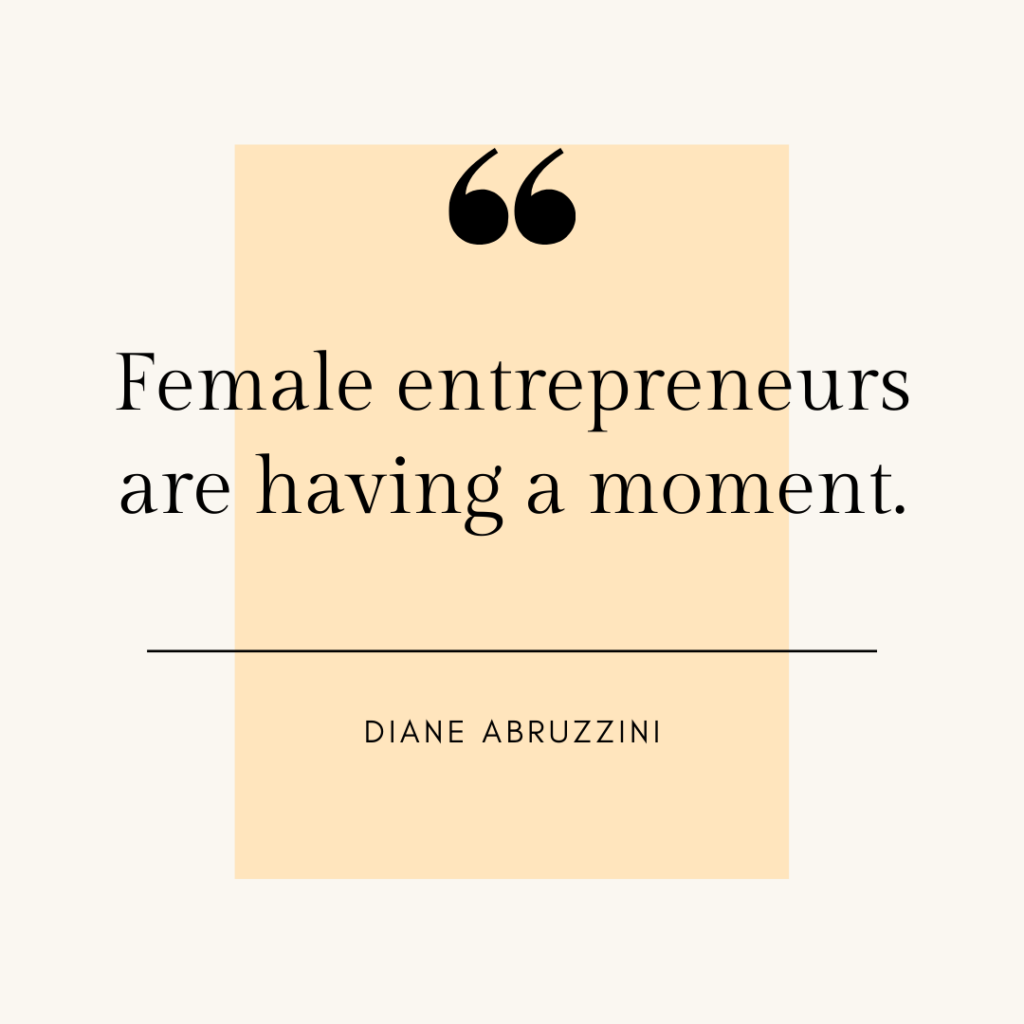
Luckily, certain firms are catching on that women-owned businesses are offering products that the male-dominated financial world has missed. Diane gives the great example of Burlington-based Mamava – a women-led business that designs lactation suites for breastfeeding moms on the go. While this might sound like a simple idea, as Diane says, “it’s never been done before because no one has taken that design perspective for the young mother consumer.”
Simply put, because women are half the population, products made with them in mind resonate with a significant customer base (duh). So it’s long overdue (in our humble opinion) for Diane’s declaration: “female entrepreneurs are having a moment.”
4. Women Invest Differently
We’re glad Diane doesn’t shy away from this one: “The language in traditional financial services is super male.” Even the way investing is framed semantically is competitive (“outperform”) and individualistic (“winner-takes-all”). But generally speaking, women and millennials alike tend to look towards our own goals: we may not have a goal of a 9% return in the stock market, but we have a goal of paying off our student loans or saving up for a home. So as Diane explains, if millennials and women “can’t connect to the [financial] advice that’s been given to us, …then they’re not going to seek that out.”
Diane wants to change how people view the connection between their personal goals and their finances. “Being able to use your money and your power to fund what’s important to you… [is] really powerful. If more women, [regardless of generation], understood that you can invest according to your goals, there might be a little bit more excitement around investing and using financial power.”
5. Money is Power
Diane cites a shift in finance towards impact investment as her reason for pivoting her career. She, along with many others, see the power of the capital market to instill lasting, sustainable change, and the financial world is starting to shift accordingly. Diane says “The more we can divert capital and money into the future that we want to believe in, then the more emphasis and the more strength is going to be behind that movement.”
And we couldn’t agree more. This is what makes us so excited to take part in the shift to impact investing for VENTURE.co with our practicum project this summer. The private equity market is uniquely positioned to allow investors to make direct impact by supporting growth-stage businesses with social and environmental missions. And the research from our practicum project will do just that for VENTURE.co and its clients.
And one final thought…
If you like the sound of our VENTURE.co practicum project, you can read more about it (and check out all this year’s Sustainable Innovation MBA practicum projects) here.

